

A: Something as simple as a child asking to braid an educator’s hair—or children braiding each other’s can spark important questions about connection, trust, and professional boundaries. For many, braiding is more than a playful activity; it is a gesture of closeness, a way of forming relationships, and in some cultures, a practice rich with tradition and identity.
At the same time, educators must balance these relational opportunities with health, hygiene, and safety considerations, ensuring that practices in the service align with professional standards and family expectations. This tension—between fostering connection and maintaining boundaries—makes hair braiding a valuable topic for reflection in early learning settings.
A: Yes, Transition to School Statements are highly beneficial and increasingly considered necessary in Australia. While not legally mandated nationwide, they are strongly encouraged by state education departments to support continuity of learning and emotional well-being during the move from early childhood education to school.
A: No, you don’t have to include theorists in every piece of documentation, but referencing them can deepen your practice, especially when aligned with EYLF V2.0 and the National Quality Standard.
A: In early childhood education, programming isn’t just about planning activities—it’s about tuning into children’s rhythms, honouring their voices, and creating emotionally safe, meaningful learning journeys. One of the most common questions is:
“Should I plan daily or weekly?"
The truth is, there’s no one-size-fits-all answer, and that’s a good thing. Your approach will depend on your service’s philosophy, your room’s energy, and the unique needs of your children and team.
This guide breaks down the difference between weekly and daily programming styles, with practical examples, reflective prompts, and flexible options to help you find your rhythm—or co-create one that evolves with your context.
A: Intentional teaching means teaching with a clear purpose. It’s about making thoughtful decisions to help children learn in meaningful ways. At its core, intentional teaching means teaching with a clear purpose. It’s the art of knowing when to step in, when to step back, and how to co-construct learning that is meaningful, inclusive, and connected to each child’s world.
Q: A strengths-based approach focuses on what children can do, rather than what they lack. It celebrates each child’s capabilities, interests, and efforts and uses these as the foundation for learning and development.
A: While photos can enrich documentation by capturing moments visually, many observations are just as powerful when conveyed through thoughtful narrative, voice transcripts, symbolic sketches, or emotionally intelligent reflection.
A: Under Regulations 101–102D, approved providers and educators must conduct risk assessments for activities that may pose risks to children’s health, safety, or well-being.
A: As the end of the preschool year approaches, preschool educators begin preparing for graduation ceremonies—complete with miniature caps, choreographed performances, and proud photo ops. While these events can be joyful and affirming, they also invite deeper reflection. Is a formal graduation truly necessary in early childhood education? Or are there more developmentally appropriate, emotionally intelligent ways to honour children’s growth? This question opens space for reimagining what transition rituals could look like—and who they’re really for.
A: There’s no fixed number of observations required from educators across all early childhood services in Australia—it depends on your service’s philosophy, policies, and the needs of the children.
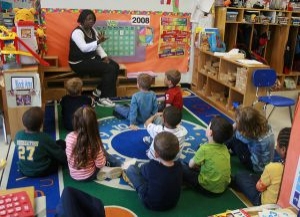 Working as a childcare professional can be a challenge especially when dealing with behavioural problems which may arise. The techniques we use when dealing with… Read More
Working as a childcare professional can be a challenge especially when dealing with behavioural problems which may arise. The techniques we use when dealing with… Read More
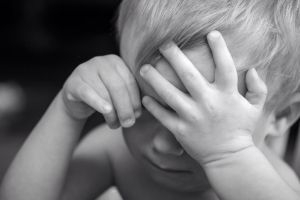 There are different types of behaviour that children can display and sometimes it can be hard to manage, especially if a child is having behavioural… Read More
There are different types of behaviour that children can display and sometimes it can be hard to manage, especially if a child is having behavioural… Read More
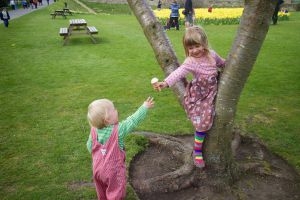 As a parent, your behavioural expectations of your child can be higher than what is actually developmentally appropriate for your child's age.
Read More
As a parent, your behavioural expectations of your child can be higher than what is actually developmentally appropriate for your child's age.
Read More
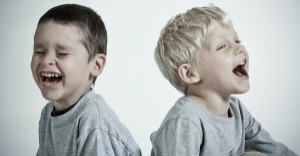 As Educators, there will be many instances where you will need to write about a child's behaviour. For a behaviour management plan, assessments, half-yearly or… Read More
As Educators, there will be many instances where you will need to write about a child's behaviour. For a behaviour management plan, assessments, half-yearly or… Read More
 As Educators when communicating with Parents (through verbal or non-verbal communication), there will be times where we need to discuss issues or concerns that may… Read More
As Educators when communicating with Parents (through verbal or non-verbal communication), there will be times where we need to discuss issues or concerns that may… Read More
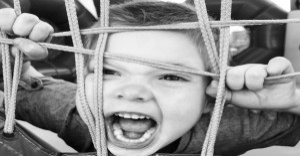 Challenging Behaviour is when a child does something that hurts themselves and/or other people.
Read More
Challenging Behaviour is when a child does something that hurts themselves and/or other people.
Read More
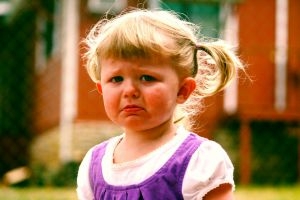 As part of your child's development it is normal for your child to have anxiety and fears. A baby commonly shows a fearful sign to… Read More
As part of your child's development it is normal for your child to have anxiety and fears. A baby commonly shows a fearful sign to… Read More
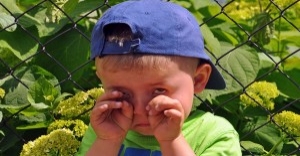 It's always difficult to bring up behavioural issues with parents, it can be nerve wrecking to tell a parent that their child misbehaves but that… Read More
It's always difficult to bring up behavioural issues with parents, it can be nerve wrecking to tell a parent that their child misbehaves but that… Read More
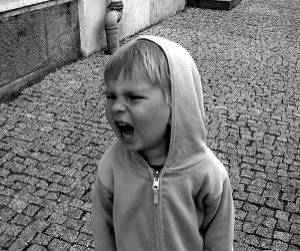 All children deal with anger on a daily basis. Thinking about it as a child, there is a lot to be angry about. Elder people… Read More
All children deal with anger on a daily basis. Thinking about it as a child, there is a lot to be angry about. Elder people… Read More
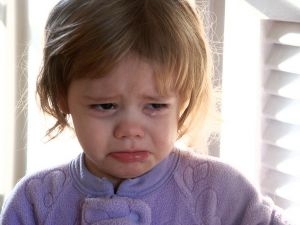 It is important to understand that your child behaviour problems could not just be from attention seeking. There are many factors to take into consideration… Read More
It is important to understand that your child behaviour problems could not just be from attention seeking. There are many factors to take into consideration… Read More
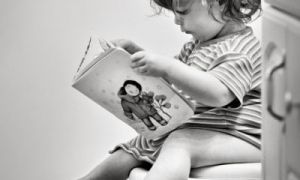
Congratulations...your toddler is growing up! This is such a big milestone for your child to...
See more...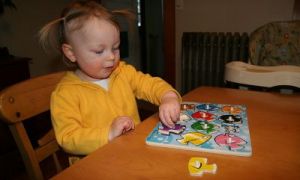
Toddlers have a greater understanding of the world around them by this stage. Their cognitive...
See more...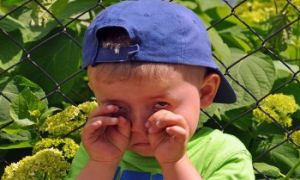
It's always difficult to bring up behavioural issues with parents, it can be nerve wrecking...
See more...© 2009-2025 Aussie Childcare Network Pty Ltd. All Rights Reserved.

